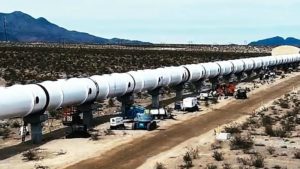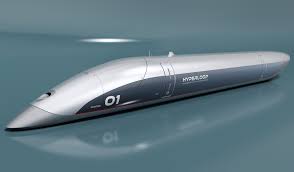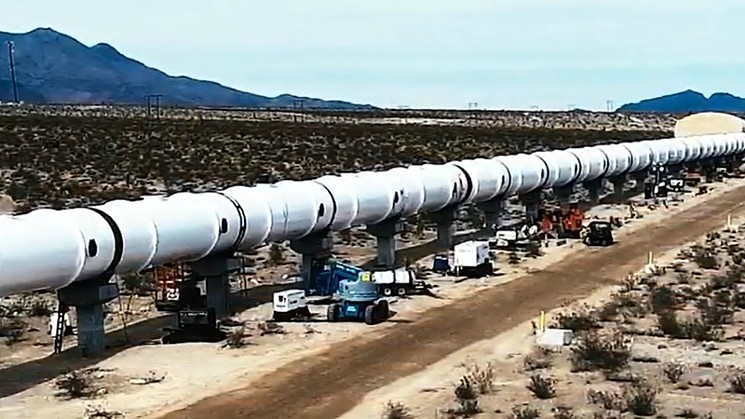
Virgin Hyperloop Plans To Start USD 500 Million Research Centre in Spain
Virgin Hyperloop one which has come up with a new age of rail transit system going upto speeds of near supersonic has made an agreement with Spanish state-owned rail infrastructure company Adif to construct a USD 500 million research center in the Spanish country in Europe, both the companies announced on Tuesday.

The center spanning about 19,000 square meters is planned to be opened in the small village of Bobadilla located in the southern province of Malaga by the year 2020 which will develop and test components for hyperloop systems to improve their safety, the Los Angeles based company announced in a statement.
A hyperloop is a shuttle, transit design of which is somewhat like a train and runs on magnetic rails, but this one runs in a tube with little or no air at all. In theory, all hyper loops could facilitate travel much faster than the speed of sound.

Virgin Hyperloop One, supported by British tycoon Richard Branson, has till now been testing its hyperloop system in Nevada located in the United States with speeds reaching 240 miles (386 kilometers) an hour and is planning at least three production systems in service by 2021.
“By investing in the development and testing of Virgin Hyperloop One, Spain is extending its long tradition as an innovative, global transport leader. We are excited to partner with such a forward-thinking country in developing the next generation of transportation,” Virgin Hyperloop One chief Rob Lloyd said in the statement.
Virgin Hyperloop One is slated to receive a total monetary support of EUR 126 million ($146 million) in public aid as loans and grants to help set up the new center there, the US company Adif said in separate statements.
Adif company said the center will create a total of 250 highly skilled jobs while Virgin Hyperloop One said it would “hire 250-300 high-tech skilled professionals”.
Malaga is quickly becoming famous as a hotbed of high-tech activity. The province has got more than 9,000 companies in transport and logistics, as well as the second largest aerospace cluster in Spain, and 20,000 employees in research and development, as per the details provided by Adif.
Spain’s high-speed network is considered the world’s second largest after China’s. It has been under construction since 1992, 3,200 kilometers (1,990 miles) of tracks spread all across the country, from Seville and Malaga at its southern tip, to Santiago de Compostela and Barcelona in the north, and Valencia and Alicante in the east.
Almost 500 trains are as of now propelled along these high-speed corridors every day, carrying a total of around 36.5 million passengers every year.
You May Also Read: Post-Note Ban, Most Fake Currency Was Caught From Gujarat: Centre